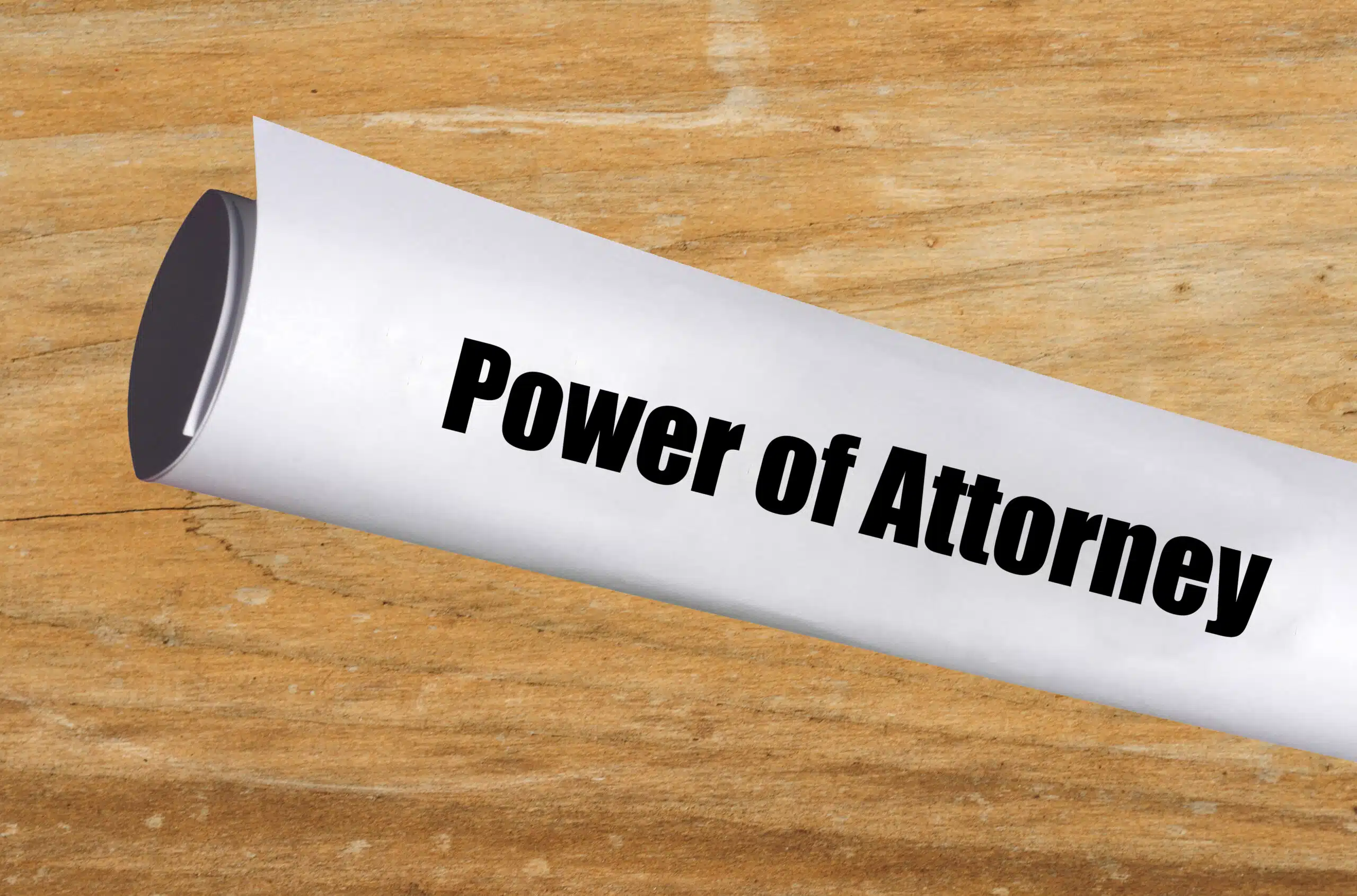In Ontario, the Substitute Decisions Act establishes two distinct powers of attorney: the Power of Attorney for Personal Care and the Power of Attorney for Property.
A power of attorney for personal care takes effect if you become mentally incapable of making your own personal care decisions. In other words, the attorney cannot make personal care decisions for you until you have been found to be mentally incapable. For example, for treatment decisions, the health practitioner proposing the treatment must decide if you are capable of making the required decision. If the decision is about shelter, clothing, hygiene or safety, it will be up to your attorney to decide whether you are mentally incapable of making the required decision unless you say otherwise in your power of attorney for personal care.
On the other hand, a power of attorney for property takes effect immediately upon it being signed, unless it contains a restriction or condition stating that the power of attorney for property will not be activated until some future event. In most cases, this future event is the donor (aka the person making the power of attorney) being assessed or determined to be incapable of managing their own property. This is referred to as a “conditional” or “springing” power of attorney.
While it can be noted that having a conditional or springing power of attorney may provide comfort to the donor, as the donor knows that until a determination of incapacity is made, they will be able to deal with their assets without any interference by their named attorney. However, in some cases this can lead to uncertainty and create unintended complex problems. It is not an uncommon situation to have a donor with diminished capacity still maintaining that they are perfectly able to manage their own financial affairs, when clearly they should not be doing so. Other complications may arise when it is clear that the donor has lost capacity but the power of attorney can only be activated by a letter from a specific individual, such as a family physician or licensed capacity assessor, and the individual is not willing to provide such a letter or requires a full assessment of the donor before providing such letter. This process can be time consuming and stressful for both the attorney and the donor especially if there is a time sensitive event, like the sale of real property pending.
Unless the donor is willing to have their capacity assessed, the donor’s attorney and family are in a dilemma. They can either: 1) let the donor continue with their misguided belief that they are capable; or 2) after failed attempts to convince the donor that they are incapable, apply to the Court for an order to have the donor assessed and in very rare circumstances then a guardianship order over the donor’s property. Needless to say, the Court applications are expensive and very disruptive to the family.
While a conditional or springing power of attorney may seem to make sense and be appropriate in some situations, there is also a risk that it will delay an attorney being able to act on the donor’s behalf.
This blog post was written by Diana Tebby, a member of the Real Estate and Wills and Estates teams. She can be reached at 613-369-0384 or at diana.tebby@mannlawyers.com.








